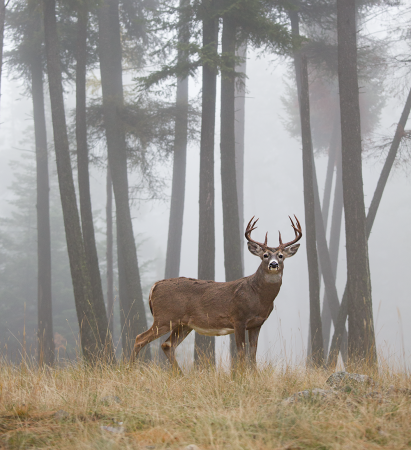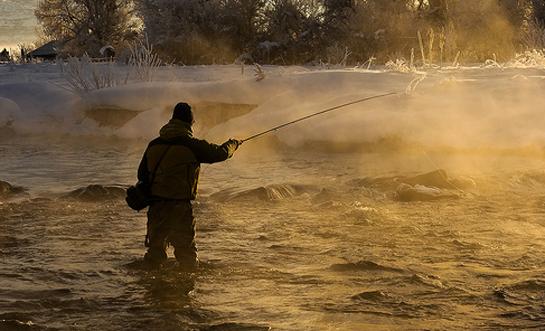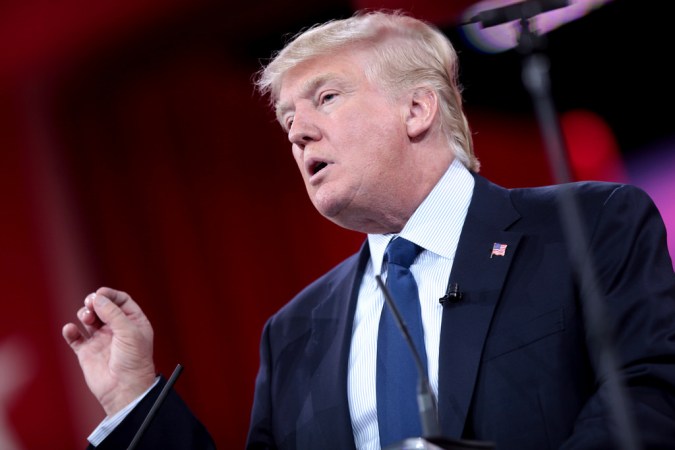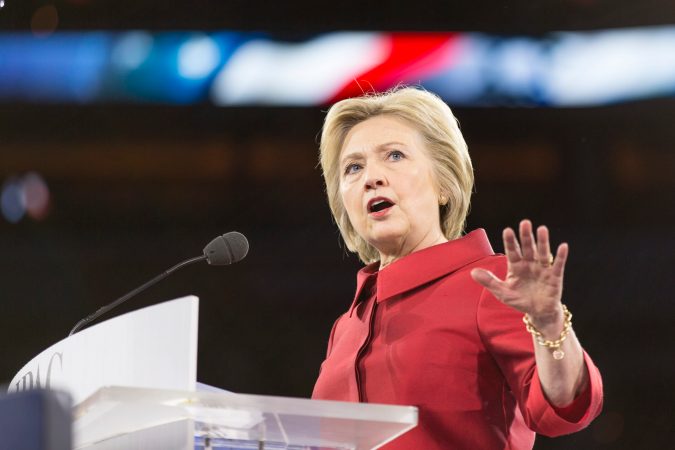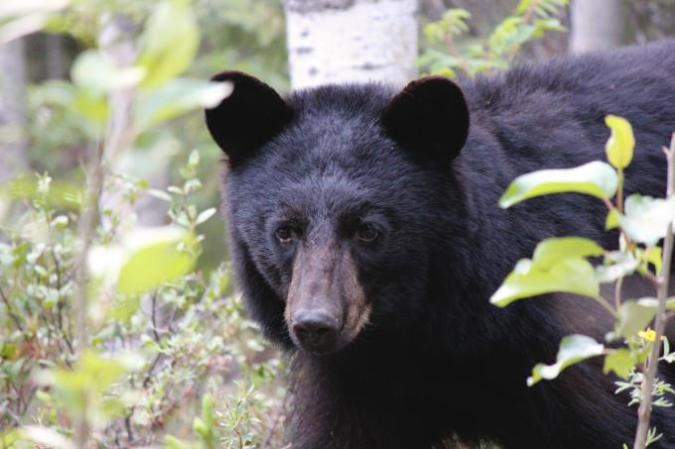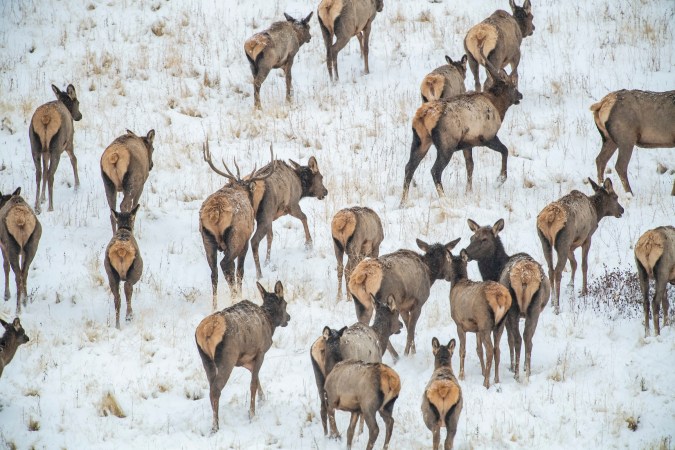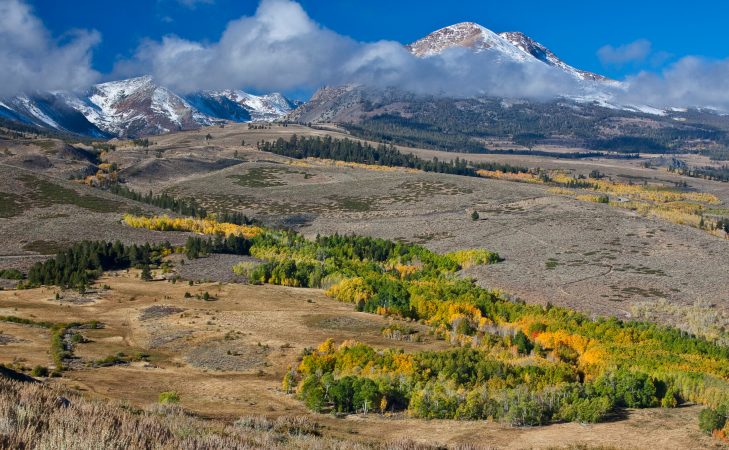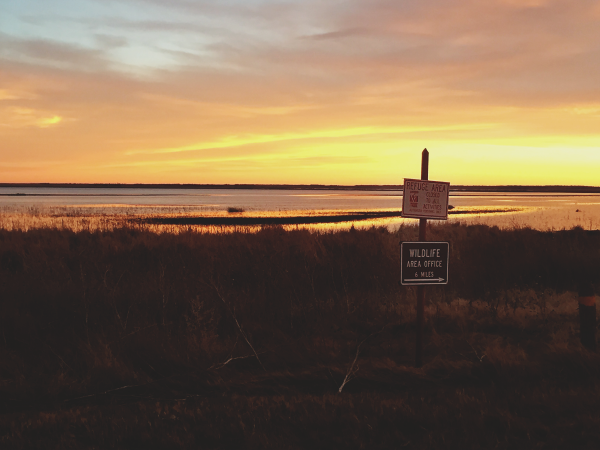A couple of months ago I opened an e-mail that made me cringe. One of my deer buddies was asking me to contact my New York state representatives and urge them to support a young buck protection bill currently under consideration.
Now I have nothing against protecting young bucks, but there was something about encouraging a politician to get into the deer regulation business that made me uncomfortable.
Problem Politics
I didn’t always feel this way. As recently as last fall I wrote my governor and contacted state legislators asking them to support a youth hunt in my home state. Before that I wrote in support of protecting young bucks. But, of late, I’ve pretty much come to the conclusion that the last person I want making wildlife policy is a politician. This is especially true when it comes to making major decisions on how wildlife and the future of hunting should be managed.
In the last couple of years, I’ve watched angrily as a New York politician attempted to block a youth hunt proposed by his state’s Department of Environmental Conservation. I watched in disbelief as Pennsylvania politicians turned the deer management clock back 50 years, by influencing doe harvest policies. I also watched as politicians from a number of states supported the captive deer industry’s attempts to remove “cumbersome and unnecessary” regulations. These were the very regulations that protect wild deer from disease and genetic degradation. Where is it written that free enterprise should trump conservation? I’ve had it with politicians shoving their uninformed noses into areas they know nothing about.
Back to Basics
We’re sorely in need of a moral, (and yes, pro science), wildlife compass to steer us. We need to revisit the teachings of The Public Trust Doctrine to remind us that wildlife resources are owned by no one and are held in trust by our government for the benefit of all. While we’re at it, we should take a look at the North American Model of Conservation, which emphatically states that: “science is the proper tool for the discharge of wildlife policy.” We’ve had almost 100 years of professional-scientific wildlife management and all things considered, our wildlife agencies have done a pretty good job of managing the resource for the common good.
Make no mistake; I’m no apologist for state wildlife agencies. I’m all for firing them up with a phone call, letter, or even a not so friendly nudge from a politician, but when it comes to actually writing the regulations and setting deer policy, I’ll take the agency guy over a politician every time. They’ve been raised on the Public Trust Doctrine and the North American Wildlife Model. They understand the importance of science in managing wildlife and know what holding wildlife in the public trust is all about. Politicians follow a doctrine of their own making, and lets just say it has more to do with preservation than conservation.

